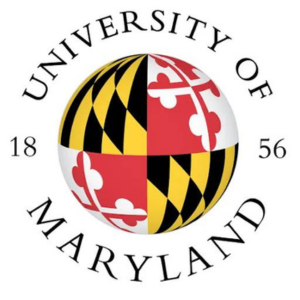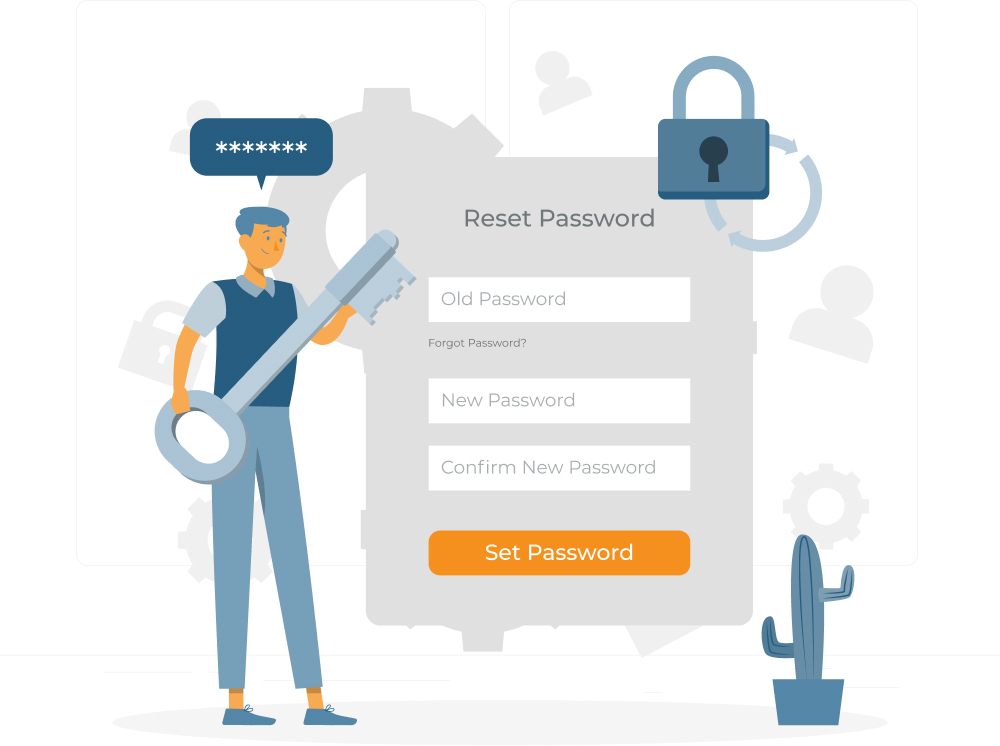Communication | Learning & Development
Part 2: Successful Interviewing
5 course series
This specialisation will help you develop the English language strategies and communication skills you need to advance in your professional career. Whether you already have a successful career and are looking to move forward, whether you’re looking to change careers, whether you’re starting out in the world of work, or whether you’re coming back into the world of work after some time away – if you believe in working for more than a paycheck, then this specialisation will help you. The core courses cover preparing for a successful job search, including self-research and research of the job market and industries of interest; strengthening your interview skills by recognising what hiring managers are looking for and taking steps to prepare for the types of tough questions today's premier companies use; and preparing a resume, cover letter and supporting business documents. The capstone will allow you to apply the skills you learn in this specialisation to your own job search.
A key benefit of this specialisation is the opportunities you'll have to practice your interviewing skills with other job-seekers from around the world. You’ll give them feedback and they’ll give you feedback. In this process, you’ll gain new insight into what makes a speaker successful and you’ll gain confidence in your English interviewing skills.

Flexible
Start Date
20 Hours
Duration
Achievement
Certification
The University of Maryland
Course Provider
FREE
Prerequisites
None
Basis
Part-Time
Location
Online
Course Fees
FREE
What you'll learn
The goal of hiring managers is not just to hire people who need a job. It’s to hire people who believe in their organisation, its mission and the work that’s involved in the job position. Every hiring manager knows: Hire people to do a job and they’ll work for your money. Hire people who believe in the work and they’ll work for their passion.
And this is not a case of “fake it until you make it.” You have to be genuine about your belief in an organisation and its mission. That means you have to have researched the industry, the company, and the position – and be able to show how your goals in life align with the company’s mission. Having done so will shape the impression you convey as a candidate, the way you answer traditional questions and the way you demonstrate that you’re the right candidate for the job.
This course is the second in a five-course specialisation. We recommend that courses #1, #2 and #3 be taken in sequence. Course #4 - on CV and cover letter writing - can be taken in any sequence, while course #5 is the capstone for the specialisation as a whole.
This course can be thought of as "Interviewing I", while course #3 is "Interviewing II." Course #3 covers more advanced interview formats, including behavioural and situational interviews - along with the special case of telephone screenings. The logic for including telephone screenings - which happen at the start of the interview process - late in this specialisation on interviewing is that those screenings while happening early in the process, involve all the skills that you'll learn from course #1 through course #3.
This course will teach you how to:
- Do thorough research on a company of your choice
- Prepare for those critical first 3-5 minutes of an interview (when many recruiters say an interview is either won or lost)
- Prepare for the all-important "Tell Me About Yourself" question
- Prepare for traditional interview questions
- Use strategies for handling the salary question. We don't teach you salary negotiation techniques, but we do teach you how to avoid putting yourself in a weak negotiation position
- Prepare an elevator speech - all three variations
- Use persuasive speech techniques to present professional accomplishments and qualifications in a manner that conveys benefits to a potential employer
- Use persuasive speech techniques to convince a potential employer of your interest, motivation and preparation for a particular position
- Adapt your nonverbal communication style to the expectations of English-speaking interviewers
There are 5 modules in this course
Course Modules
This module builds on the self-assessment work you completed in the first course. You assemble your list of target industries, companies, and jobs. You put into practice research strategies to support your evolving career goals. You conduct in-depth research into a company of your choice and present your results in the end-of-module peer assessment.
Employers want to work with people who fit into the culture of their organisation. To show that you're such a person calls for skills in the art of making a positive first impression. You will identify how these skills apply during an interview or during an informal business event. You will further identify specific steps you can take to develop, and eventually master, the art of making a positive first impression.
Preparing for interview questions does not mean memorising canned responses. It does not mean reading from a script. It does mean doing your research, preparing your stories, and honing your strategies. In this module, you'll identify strategies and language you can use to begin to communicate your value to a potential employer.
There's nothing that annoys a hiring manager more than interviewing a candidate who hasn't done research into the prospective company. You're going to have done your research, and this module shows you how to communicate that in the strategies you use to respond to common interview questions.
The English-language world of work calls for cultural literacies that may be a challenge for non-native speakers to decode and develop. This module will take you through an abbreviated enculturation process whereby you will learn not only to talk the talk but also to walk the walk of a confident job-seeker in the English-language world of work.
Course Provider
The University of Maryland, College Park is the state's flagship university and one of the nation's preeminent public research universities. A global leader in research, entrepreneurship and innovation, the university is home to more than 40,700 students, 14,000 faculty and staff, and nearly 400,000 alumni all dedicated to the pursuit of Fearless Ideas. Located just outside Washington, D.C., we discover and share new knowledge every day through our renowned research enterprise and programs in academics, the arts and athletics. And we are committed to social entrepreneurship as the nation’s first “Do Good” campus.


